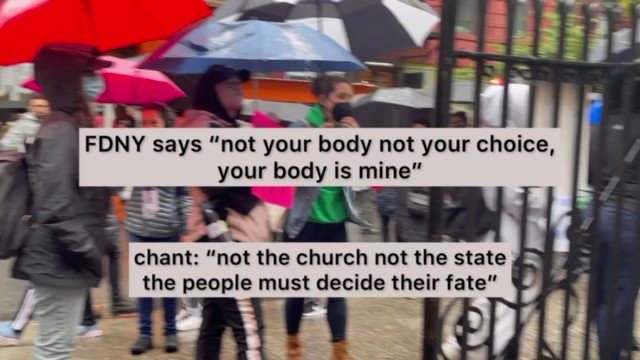
I went into this book expecting it to be a “how-to” book on abolition. Growth requires us to constantly evaluate the ideas we hold dear.” (Also, it didn’t help that since I finished this book, Dobbs became law.) I have been dreading writing this review: I like Derecka, I think she’s cool, and I’m sure she will do great things for the abolition movement! One might expect an author on abolition to be callous, bombastic, and uncompromising, but that couldn’t be further from who Derecka is: she is empathetic, caring, and says introspectively self-aware stuff like, “I would come to significantly disagree with myself later on this point. Becoming Abolitionists shows that abolition is not solely about getting rid of police, but a commitment to create and support different answers to the problem of harm in society, and, most excitingly, an opportunity to reduce and eliminate harm in the first place.


Here, Purnell argues that police can not be reformed and invites readers to envision new systems that work to address the root causes of violence. The book travels across geography and time, and offers lessons that activists have learned from Ferguson to South Africa, from Reconstruction to contemporary protests against police shootings. Purnell details how multi-racial social movements rooted in rebellion, risk-taking, and revolutionary love pushed her and a generation of activists toward abolition. Calling them felt like something, and something feels like everything when the other option seems like nothing. She saw too much sexual violence and buried too many friends to consider getting rid of police in her hometown of St.


In Becoming Abolitionists, Purnell draws from her experiences as a lawyer, writer, and organizer initially skeptical about police abolition. Millions of people continue to protest police violence because these "solutions" do not match the problem: the police cannot be reformed. From community policing initiatives to increasing diversity, none of it has stopped the police from killing about three people a day. For more than a century, activists in the United States have tried to reform the police.


 0 kommentar(er)
0 kommentar(er)
